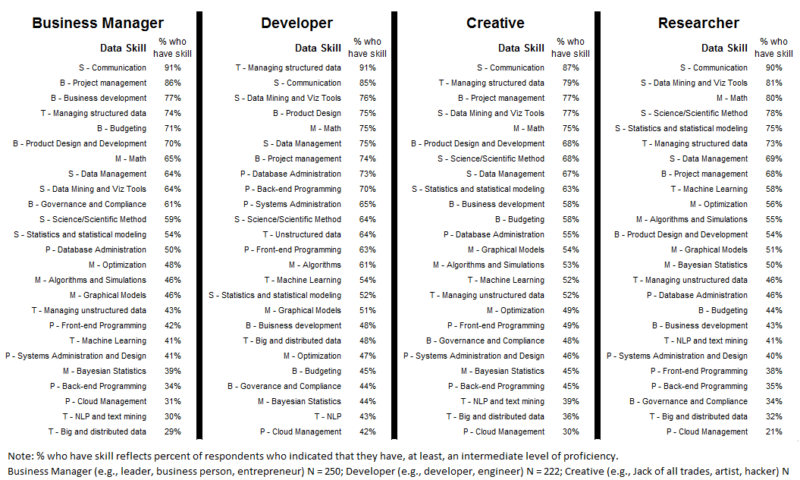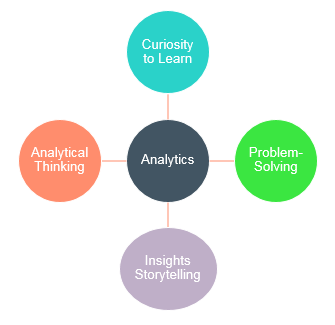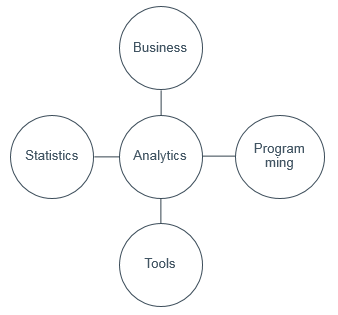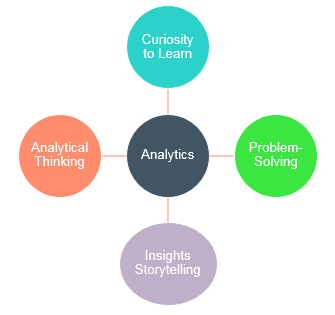Top Data Science Skills By Job Role
Do you have a fair idea about data science? I hope, yes. How about its skill-sets?
For newbies, Data Science is the field which is intersecting Statistics, Mathematics, Programming/Technology and Business. Using a combination of all these components, insights, models can be drawn using the data. It was a term coined in 2001 by a Professor of Statistics, William S. Cleveland at Purdue University.
I read at least 5 articles from the web today to understand the nuances of this role. Little did I know prior to my research that there are lot many things attached to the buzzword “Data Science”.
Broadly speaking, the skill-sets required to be a Data Scientist (as the way many companies call the folks who work in Data Science domain) fall under the following skills viz,
- Business
- Technology
- Math & Modelling
- Programming
- Statistics
We can even sub-classify them into further such as Programming – R, SAS, Python, SQL, NOSQL to name a few.
Business2Community features an article written by Bob Hayes. He came up with a questionnaire listing 25 data science skills, captured the responses, analyzed and ranked the top 10 skills from the results based on the proficiency level as “Intermediate” criterion.
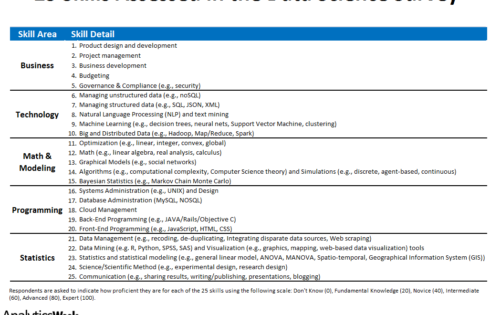
Top 10 Data Science skills in general are:
- S – Communication (87% possess skill)
- T – Managing Structured data (75%)
- M – Math (71%)
- B – Project management (71%)
- S – Data Mining and Viz Tools (71%)
- S – Science/Scientific Method (65%)
- S – Data Management (65%)
- B – Product design and development (59%)
- S – Statistics and statistical modeling (59%)
- B – Business development (53%)
It’s interesting to note the fact that Communication stands first when compared to other skills! Catering either to internal or external customers, the data scientists talk to business functions such as Marketing, HR, Operations, Finance etc.I think it makes sense because what’s the point if one works hard at developing a model but not conveying the results as per the business needs. Guess what? “Data Presentation” has become one of the top 10 skills in 2016 published by LinkedIn.
Bob also charted out the top skill sets by job role level. This one is another interesting perspective.
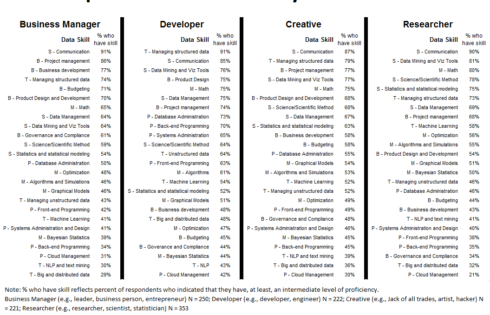
Researcher can focus more on Statistics; Business Manager on communication, project management; Developer mostly on the programming aspects and so on.
With that said, it’s very tough to focus on learning all the skill-sets of a typical data scientist at a single stretch. Depends on who you want to become, the above list would be beneficial for you. Hence, you can prioritize and narrow down to the list and start learning one at a time! If you’re already good at Statistical concepts, try learning how to program the techniques using “R” programming language. This way, I think one can steadily adapt to the data science skill-sets.
Please remember that there’s no one size fits all approach! If your buddy is good at programming because of his formal educational background being from a software discipline and moving faster on a learning curve, that’s perfectly okay for you to keep up at your pace depending on your comfort level. At the core of data science, you can be really good at one skill-set and know the basics & become eventually to an intermediate level at another skill-sets.
My focus will be on statistics to begin with. What is yours right now?

